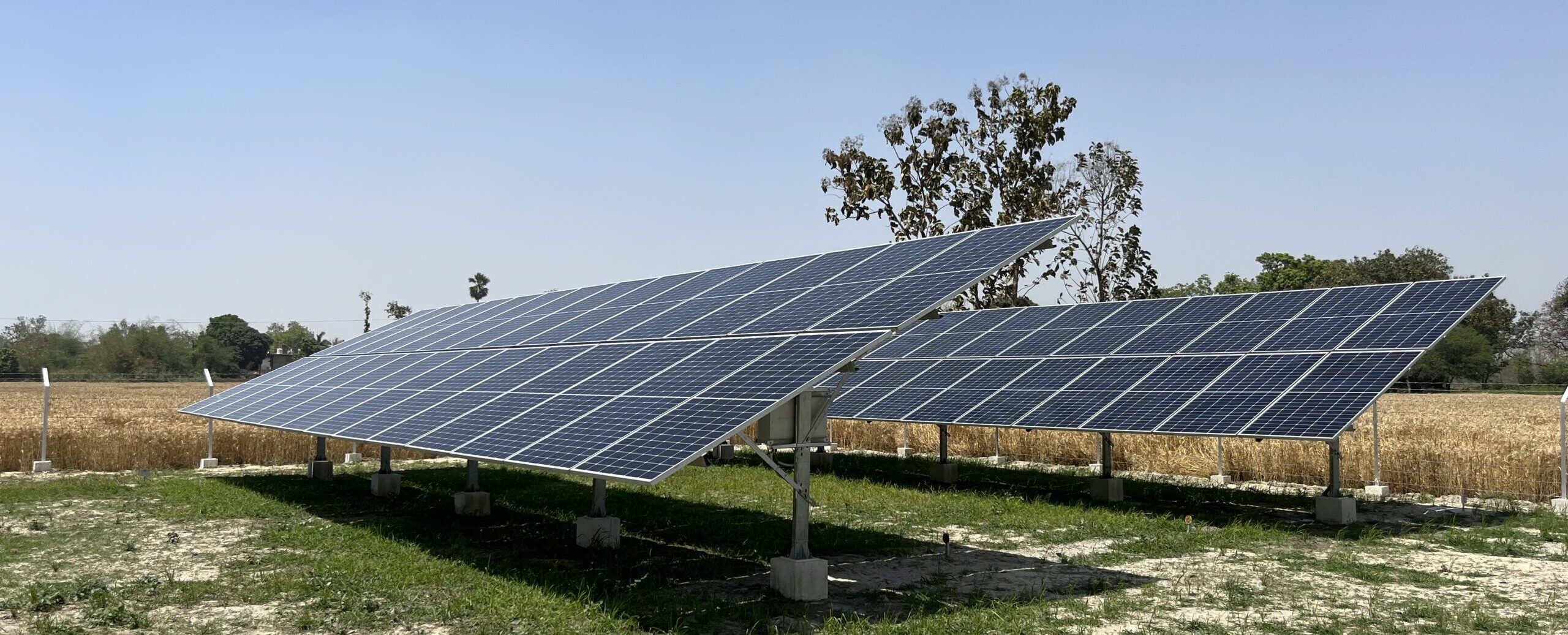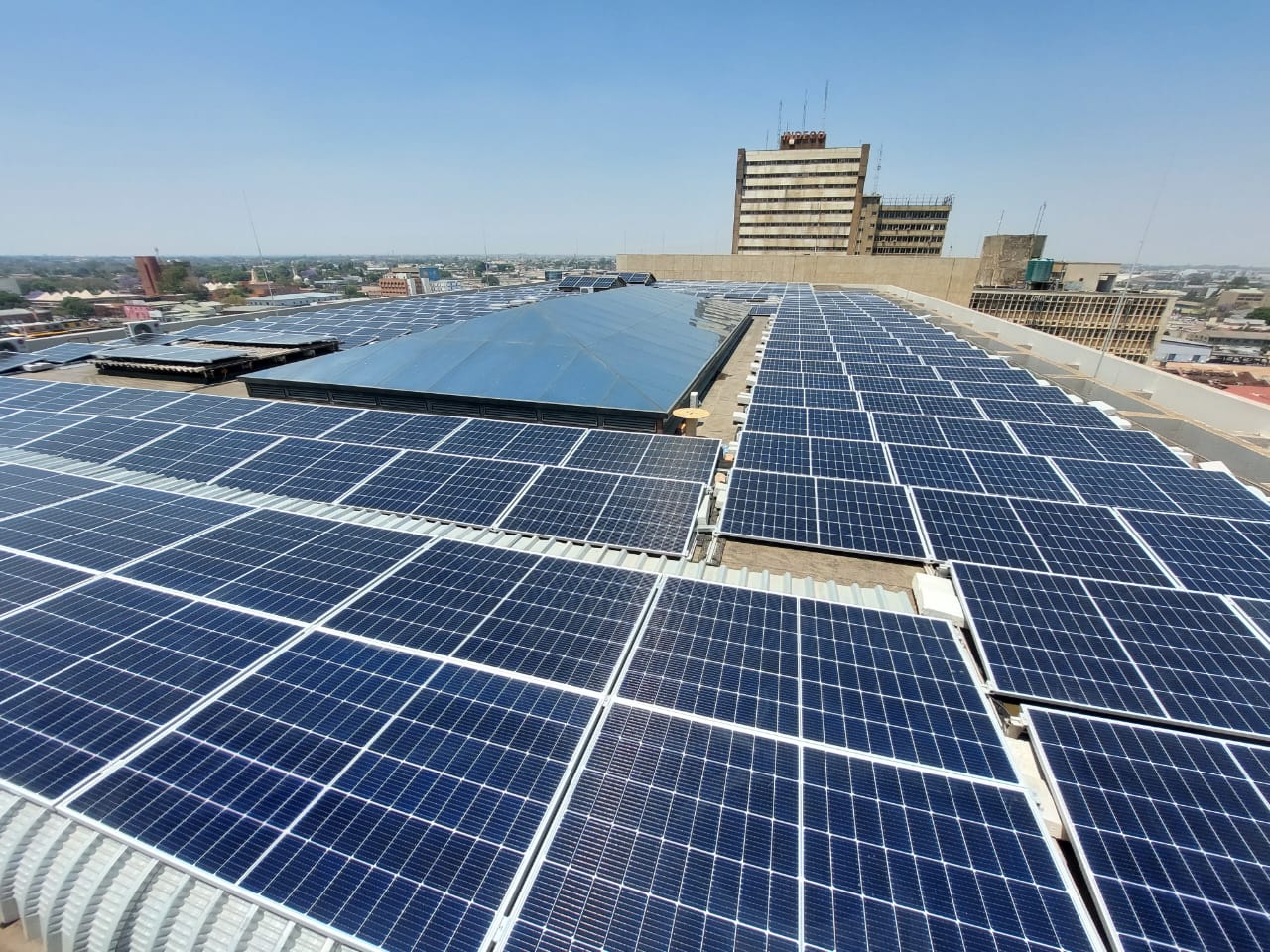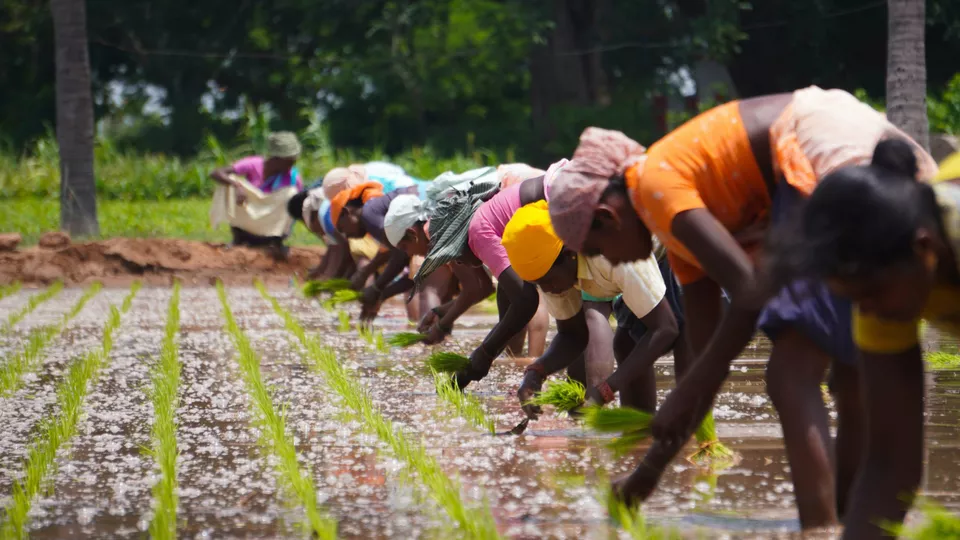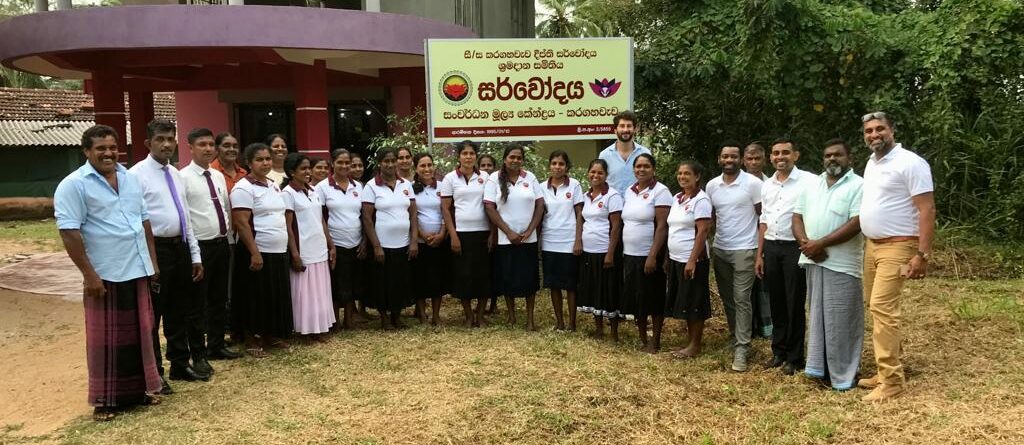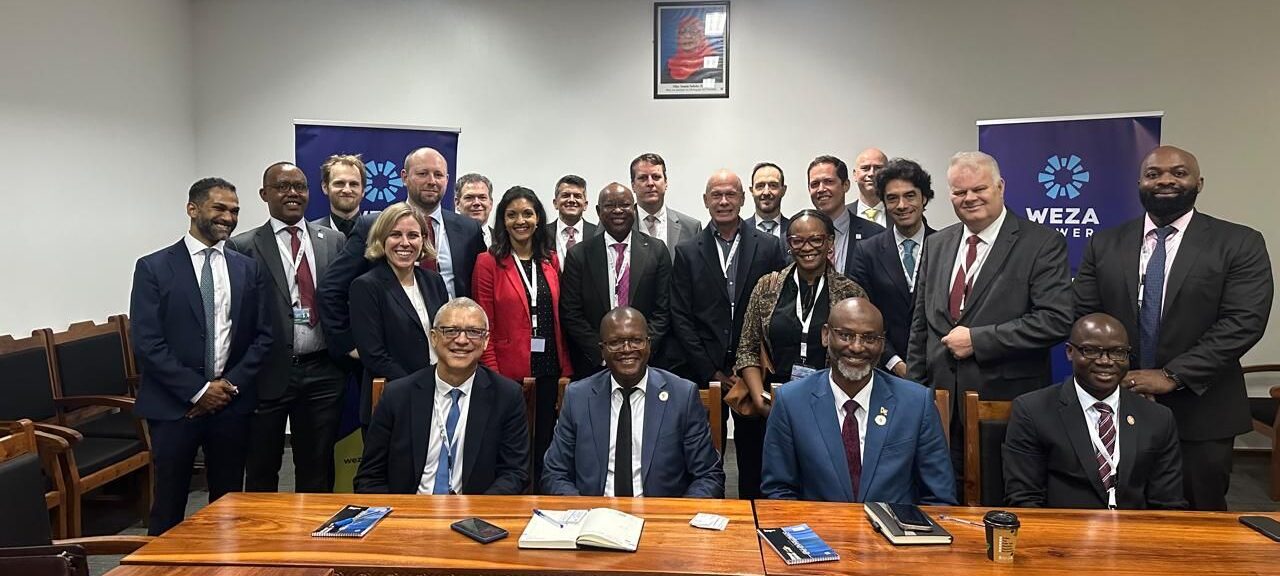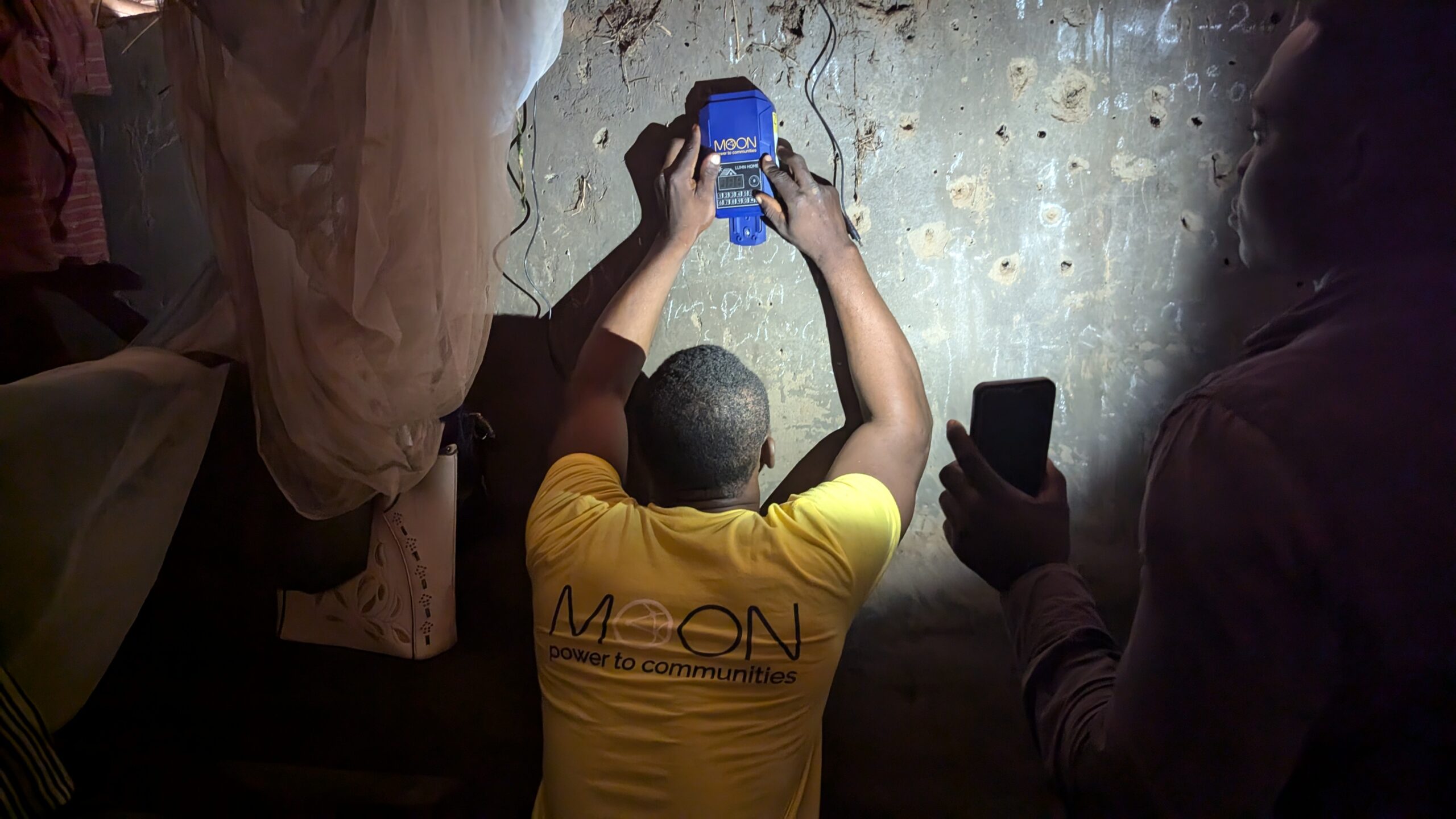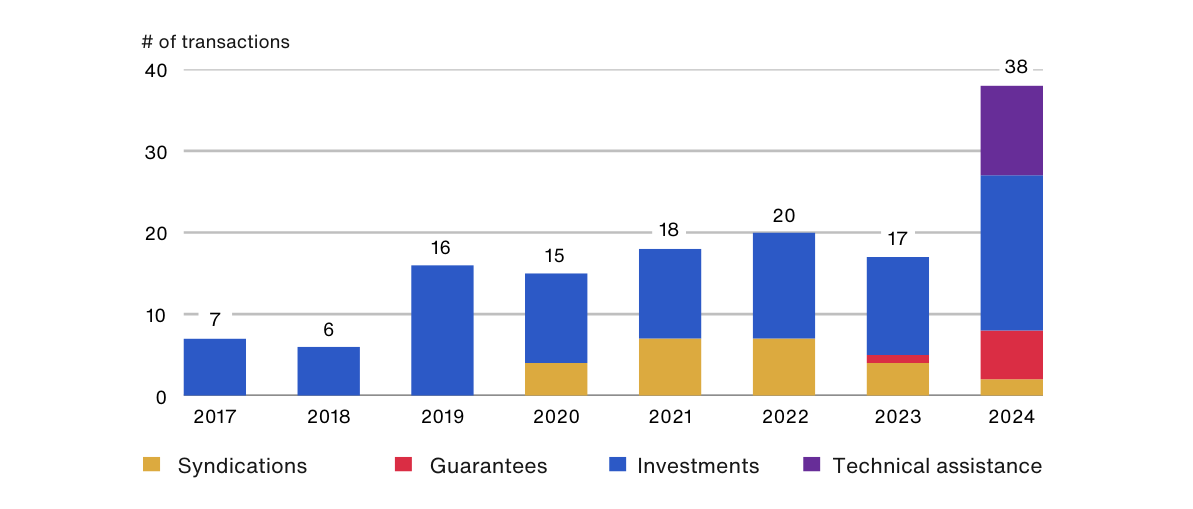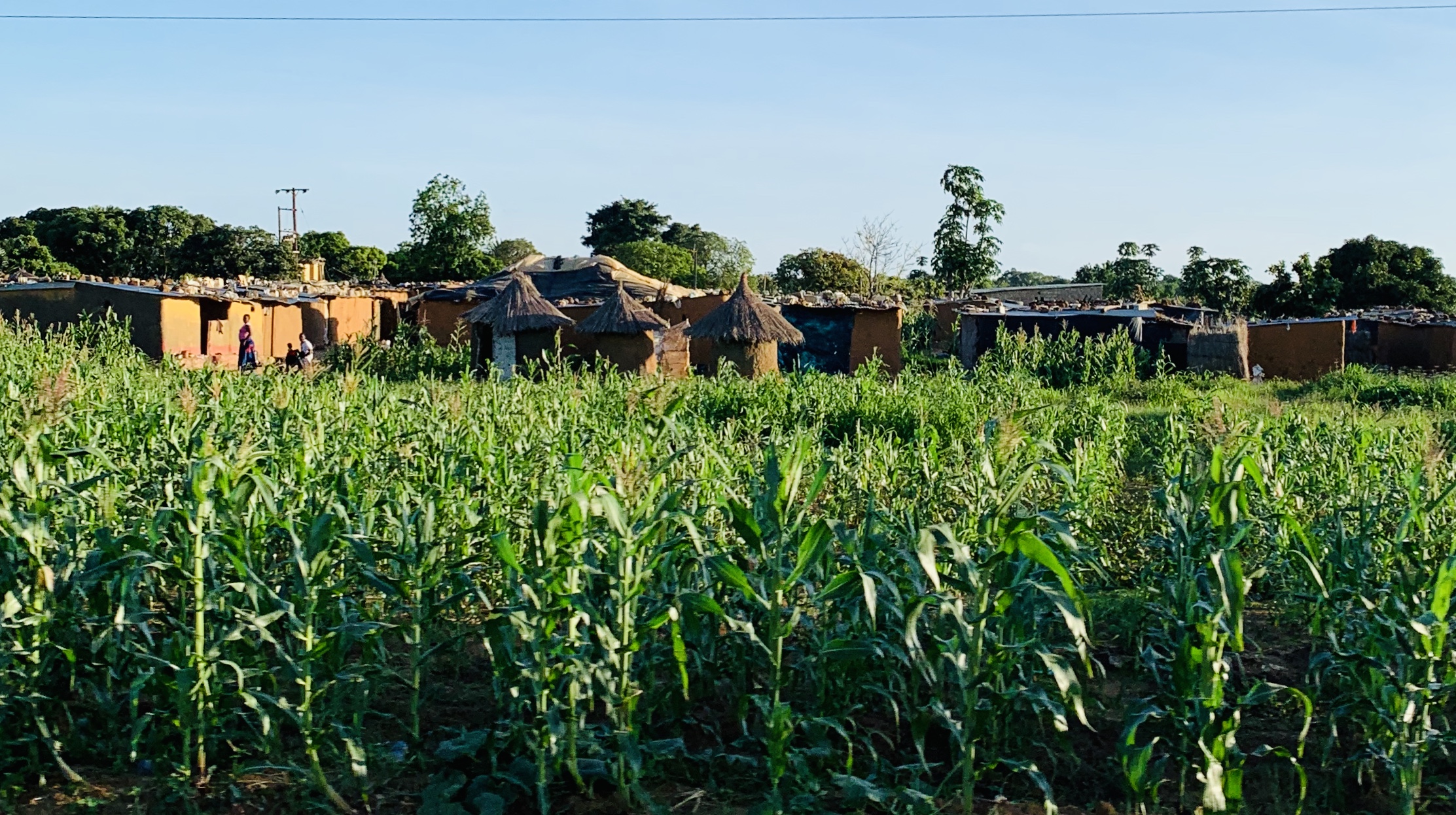Accelerating Rural Electrification: Husk Power Systems

For many of us, electricity is an afterthought. We can’t imagine life without it. We don’t even try. But electricity is the foundation upon which we preserve food and medications, cook meals, provide light for our children to study and on which we build and grow businesses. There is another side of reality faced by millions living in rural areas, which traditional infrastructure projects have failed to serve for multiple generations. In fact, around 600 million people in sub-Saharan Africa still lives without reliable access to electricity.
On top of that In India, about 7-8 million young people enter the workforce annually, while for Nigeria this number is between 10-12 million with only 3 million jobs created. In any country, on any planet, young people struggle to find employment or start a business, let alone when you don’t have education. All these aspects hamper economic development.
Husk’s Race to Electrify Rural Communities
Husk Power Systems is dedicated to transforming these communities through innovative mini-grids. Established in 2008, they focus on providing decentralized energy service to rural areas. Unlike large infrastructure projects that can take years to complete, mini-grids can be deployed in as little as 48 hours. This rapid deployment is crucial for areas that are not attractive for public infrastructure investments, especially in the rural parts of Asia and Africa. With over 400 operational mini-grids, Husk Power Systems has already impacted 1.5 million people and more than 30,000 small businesses across its operational areas, which currently include Nigeria and India.
The idea of solving energy poverty for Manoj Sinha arose in the summer of 2007. “While I grew up in India’s Bihar state with some access to electricity, my first cousins were not that fortunate, and I saw the difference in opportunities that I had compared to them. Having been trained as an electrical engineer, I thought I should do something to solve the problem, which in rural Bihar was adversely affecting the lives of 70 million people at the time. I partnered with a college friend of mine, who is also from Bihar, to address the problem. We came up with a concept of decentralized power generation and distribution that could use renewable energy resources to generate electricity. Although we eventually switched to solar PV, back then it was too expensive. We discovered a biomass gasification process that could use rice husk, a locally available biomass waste, to generate electricity. That is how we started.”

Challenges
- Youth Employment: In India, about 7-8 million young people enter the workforce annually, while Nigeria expects 10-12 million. Without reliable electricity, these young people struggle to start businesses or find employment opportunities.
- Urban-Rural Divide: Traditional electrification efforts often prioritize urban areas, leaving rural communities behind. Complex grid extension projects can take years to implement, further widening this gap. Even if they do reach these areas, connections are poor quality and unreliable.
Husk’s Solution
Husk Power Systems developed a rapid deployment model for mini-grids:
- Installation Speed: Mini-grids can be deployed in just 48 hours, compared to years for traditional grid extensions.
- Renewable Focus: Utilizes a mix of sustainable energy sources, primarily solar and waste biomass.
- Holistic Approach: Provides not just electricity but also finances energy-efficient appliances and offers energy services to drive local economic growth such as e-mobility, grain milling, irrigation and cold storage.
Funding and Deployment
In September 2022, Electrification Financing initiative – ElectriFI, funded by the EU and managed by EDFI Management Company (EDFI MC), initially invested $6 million in Husk, aiming to address a critical need for reliable, clean energy in unserved and underserved markets. The investment was strategic, focusing on Husk’s scalable business model with potential for significant social and environmental impact. The choice of mini-grids was particularly strategic, as they can be installed in days, compared to years for traditional grid extensions.
In April 2024 ElectriFI doubled down on supporting Husk with an additional $4 million investment. The goal of this investment was to accelerate clean energy access in rural India by supporting Husk’s decentralized solar-hybrid mini-grids. ElectriFI’s continued support reflects Husk’s impressive performance in achieving its initial impact targets and validates their business model, attracting further significant investment.
This early and continuous support provided essential capital and validated Husk’s business model, helping them secure a Series D equity capital raise of $43 million which has been pivotal in Husk’s growth, enabling them to rapidly expand their reach and impact.
“We’re building more than electrical networks,” Sinha explains. “We’re constructing pathways to opportunity. Each mini-grid is a platform for entrepreneurship, education, and community transformation.”
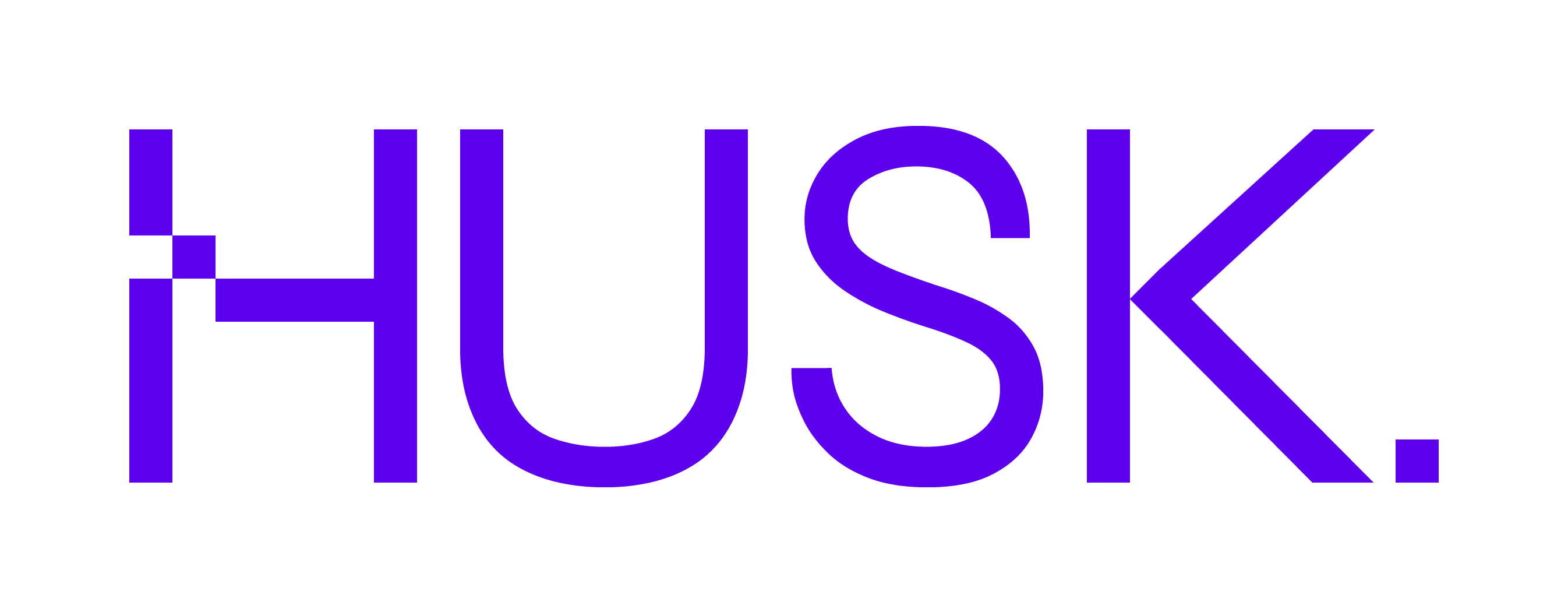
The Human Element
Behind every technological advancement and financial backing, there is passion, endurance and enthusiasm. We met Manoj Sinha, co-founder and CEO of Husk Power Systems, the driving force of Husk and what he says strikes us – “Electricity isn’t a luxury—it’s the fundamental catalyst for human potential.” This sentiment is echoed in the lives of those who benefit from Husk’s mini-grids. Manoj emphasizes the critical nature of their work: The impact of reliable electricity is profound and far-reaching – from children studying under the steady light to young entrepreneurs starting businesses.
Manoj talks to us about one of the first mini-grid installations “We installed the first mini-grids in Tamkuha village in Bihar. It was a very small village and far away from any city. And this village had no electricity. There was no hotel, so we pitched a tent. We were able to convince the community to lease a small piece of land for us to install the system. Most people thought that we were a couple of crazies who came back from America to waste our money. But once they saw the plant start and light up the power plant area, they were quite enthusiastic. We connected 100 odd customers within a week and to our surprise these customers actually paid their bill pretty regularly. “
Husk Power Systems: Driving Change in Rural Areas
By 2024, Husk has achieved remarkable milestones, including over 400 operational mini-grids and 2,500 km of transmission and distribution network. These efforts have directly impacted 1.5 million people, providing reliable electricity to more than 30,000 micro, small, and medium-sized enterprises (MSMEs). Additionally, Husk’s initiatives have led to the avoidance of 15,000 tonnes of CO2 emissions annually, having so displaced about 3,000 diesel generators. The company’s holistic approach not only provides electricity but also finances energy-efficient appliances and offers value-added energy services to drive local economic growth. This has resulted in improved access to healthcare and education in rural areas, enhanced economic opportunities for local businesses and entrepreneurs, and the creation of green jobs in rural communities.
By 2024, Husk has achieved remarkable milestones, including over 400 operational mini-grids and 2,500 km of transmission and distribution network. These efforts have directly impacted 1.5 million people, providing reliable electricity to more than 30,000 micro, small, and medium-sized enterprises (MSMEs). Additionally, Husk’s initiatives have led to the avoidance of 15,000 tonnes of CO2 emissions annually, having so displaced about 3,000 diesel generators. The company’s holistic approach provides electricity and finances energy-efficient appliances and offers value-added energy services to drive local economic growth. This has resulted in improved access to healthcare and education in rural areas, enhanced economic opportunities for local businesses and entrepreneurs, and the creation of green jobs in rural communities
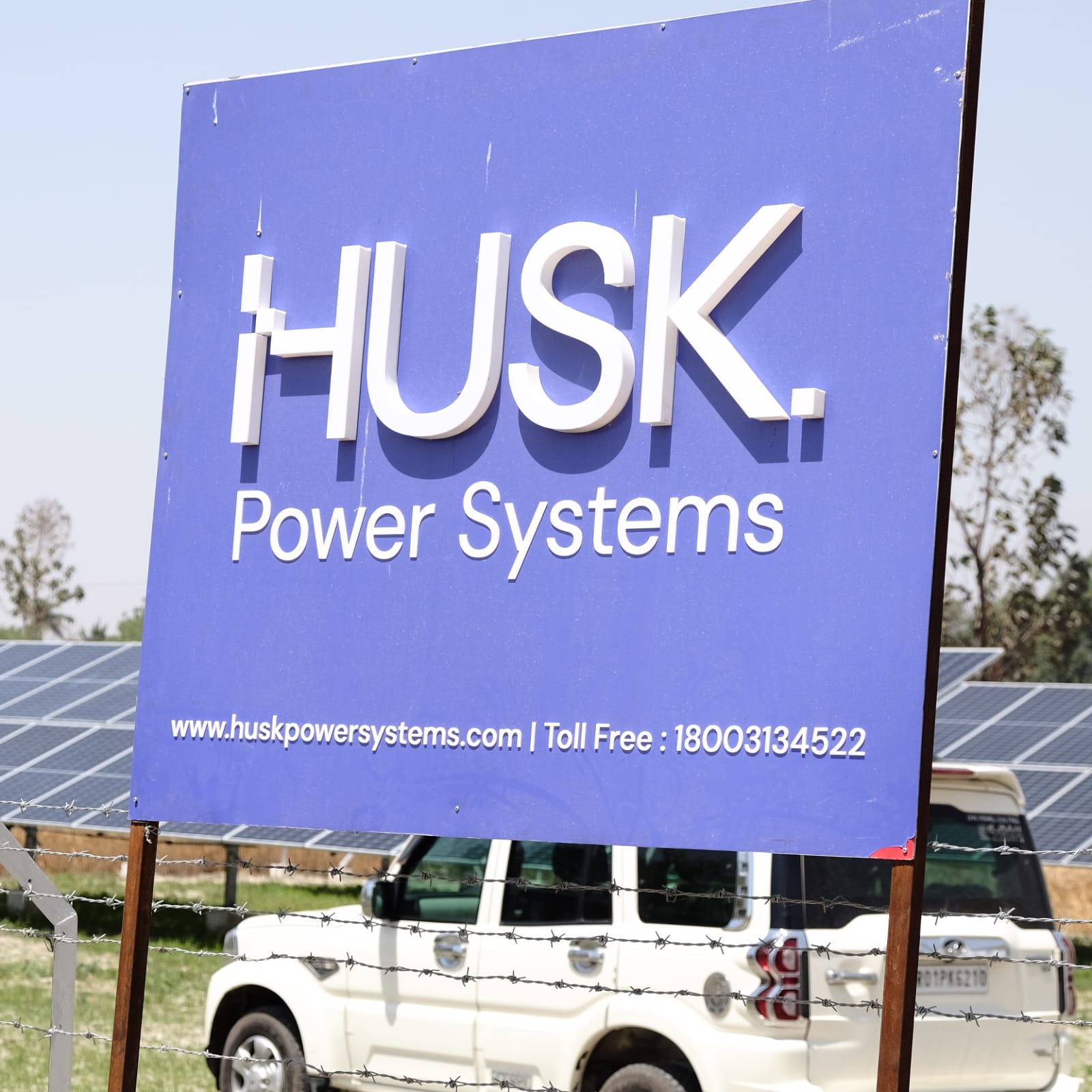
A Brighter Future: A New Age of Rural Electrification with Husk Power Systems
Looking ahead, Husk aims to install 5,000 community solar mini-grids by 2030, potentially impacting tens of millions of lives across Africa and Asia. Their ambitious “Africa Sunshot” initiative plans to mobilize $500 million for 2,500 mini-grids in six Sub-Saharan African countries within five years.
In Nigeria alone, Husk has already benefited 250,000 people through more than 60 mini-grids and aims to reach 2 million people with 1,000 mini-grids. Husk is also creating economic ecosystems by integrating digital technologies such as AI and IoT, transforming mini-grids into intelligent, adaptive infrastructure. It will also introduce its first Virtual Power Plant (VPP) in Nigeria in 2025.
The company plans to grow its workforce to 2,500 employees, with 100% sourced from local communities.
In 2024, Husk more than doubled its workforce to 1,200, with 90% of those hired coming from the rural communities that Husk serves. By providing financial incentives and training for women entrepreneurs, Husk is supporting local empowerment and driving sustainable development.
As Manoj explains, “A decentralized, carbon-free energy system centred on mini-grids is the only solution that makes sense for rural communities. Economically, environmentally, socially: mini-grids can and will scale to end energy poverty for 500 million people”.
